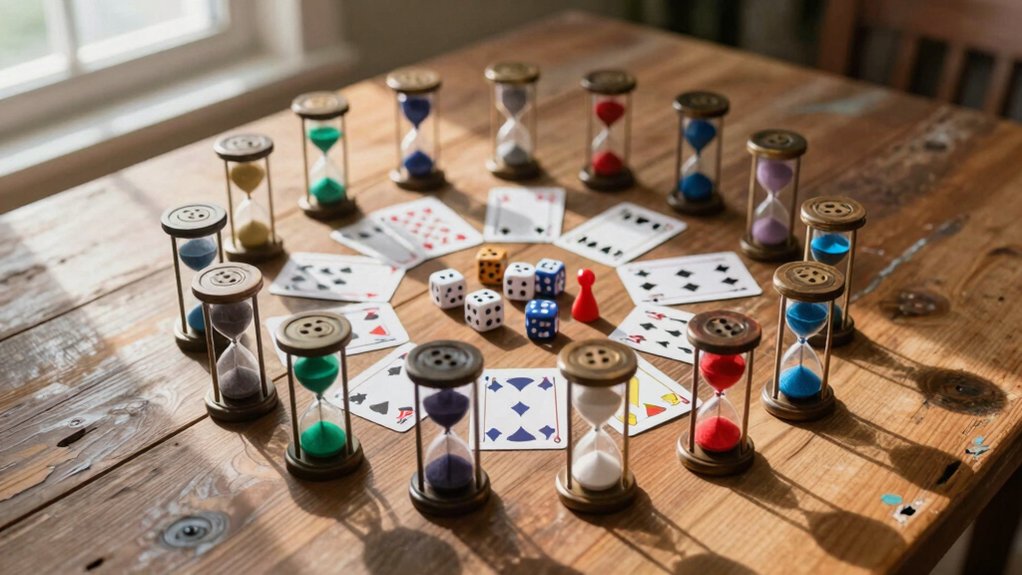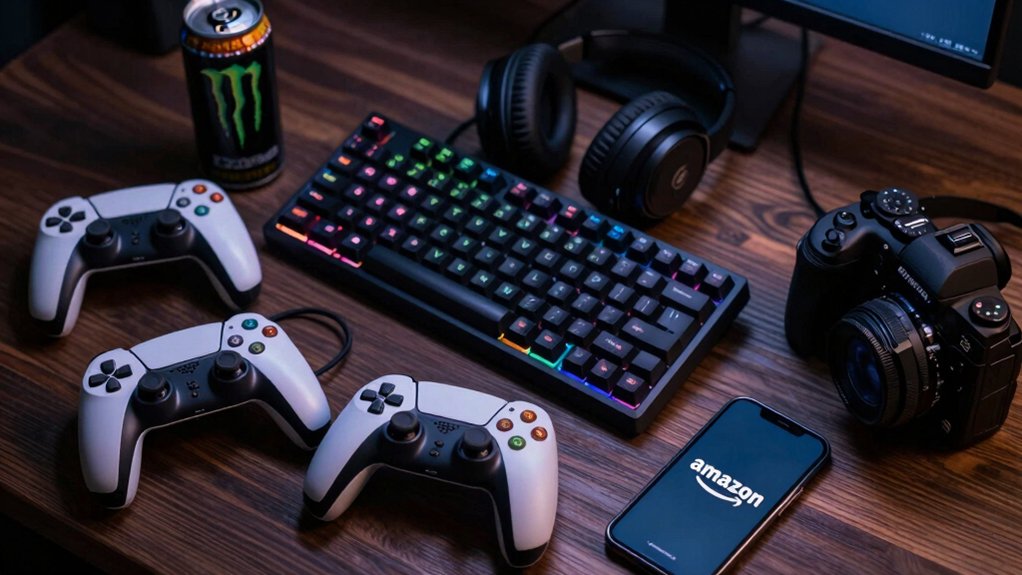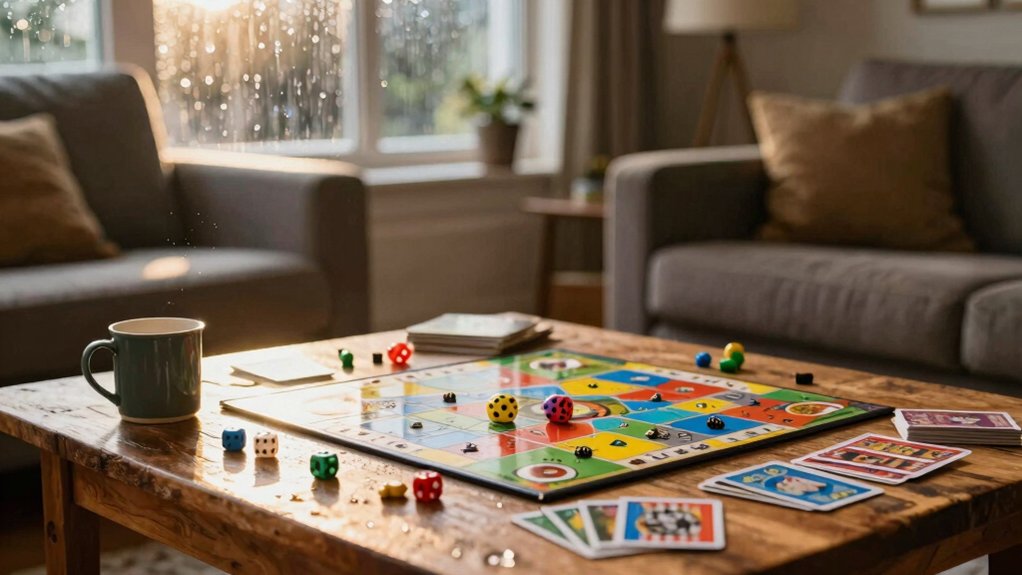Are you part of a music band? Want to make the most of your practice sessions? Balancing individual and group sessions is the key.
Read on to find out how to schedule both, set goals, and communicate effectively to get the most out of your practice.

You’ll be rocking out in no time!
Individual Practice
For individual practice, you should set aside time each week to focus solely on your own progress. You can use this time to work on technique drills that you find challenging, or spend it jamming and experimenting with new songs or ideas. When it comes to individual practice, your goal should be to refine your musical skills and push yourself to become a better musician. It’s also important to focus on improving weaknesses and developing your individual sound.
To ensure that you get the most out of individual practice, you should plan out specific goals and objectives for each session. Write these goals down and use them to measure your progress. It’s also important to track your progress over time so you can see how you’re improving. Finally, make sure to practice with focus and dedication to get the most out of your sessions.
Individual practice is a great way to hone your musical skills and develop your individual sound. By taking the time to plan and track your progress, you can make sure you’re getting the most out of each session. With dedication and a little bit of planning, you can make individual practice a valuable part of your music band practice routine.
Group Practice
How often should you practice as a group to ensure you’re getting the most out of your music band practice?
Group practice sessions are essential for musicians to come together and work on perfecting their individual parts while also collaborating as a collective.
Jamming together and working on songwriting are important parts of the group practice process.
It’s helpful to schedule regular group rehearsals, as it allows the members of the band to learn and refine their parts with others.
However, it’s important not to overschedule group practices, as this can lead to burnout. Instead, focus on quality over quantity.
During group practice sessions, it’s important to stay focused on the task at hand and give each member plenty of time to practice their parts.
Allow for plenty of breaks, as this will help to keep everyone engaged and energized.
Scheduling

Once you’ve determined how often to have group practice sessions, it’s important to figure out the best way to schedule individual practice time for each member. The following points can provide a guide for getting the most out of individual practice sessions while maintaining a strong band dynamic.
- Jamming:
- Create a list of songs that the band knows and works on regularly.
- Set aside specific times to work on jamming and improvising.
- Encourage members to experiment with different instruments and techniques.
- Technical Work:
- Take time to practice scales, chords, and other technical skills.
- Work on reading music and understanding notation.
- Utilize technology to improve accuracy and speed.
- Rehearsing:
- Use individual sessions to work on sections of songs that need refinement.
- Practice singing with the band’s instrumental accompaniment.
- Experiment with different arrangements and tempos.
Balancing individual and group practice sessions is key to developing strong band dynamics. By taking the time to focus on each member’s technical and creative development, your band will be able to make the most of practice time and create an enjoyable musical experience.
Goals
By setting clear goals for both individual and group practice sessions, you can ensure that everyone in the band is working towards the same musical objectives. The goals should focus on both music theory and team dynamics.
| Music Theory | Team Dynamics |
|---|---|
| Learn scales | Build trust |
| Understand rhythm | Practice communication |
| Develop technique | Encourage collaboration |
| Practice sight-reading | Develop leadership skills |
| Experiment with sounds | Foster positive relationships |
Individual practice sessions should focus on music theory and technique, while group practice should focus on team dynamics. This will help the band stay organized and on track. Working on both the individual and group goals will help the band reach their musical goals faster and more effectively.
It is important to create a safe and comfortable learning environment for everyone in the band. When the group is encouraged to take risks and support each other, the bond of the band strengthens and the music grows.
Communication

Good communication is essential for successful band practice sessions, so it’s important to discuss expectations and set team-wide ground rules.
To ensure everyone is on the same page, here are a few tips on how to effectively communicate:
- Listening Skills:
- Pay attention to all members during practice, and actively listen to their input.
- Make sure to ask clarifying questions when needed.
- Respect each other’s opinions.
- Feedback Exchange:
- Give constructive feedback to help each other improve.
- Seek input from other members on how to improve the music and performance.
- Acknowledge and thank others for their suggestions.
Communication is key to a successful band practice. It’s important to take the time to talk about expectations and set ground rules, as well as practice and encourage good listening and feedback exchange.
Doing so will help ensure everyone is on the same page and working together to create an amazing sound.
Frequently Asked Questions
How Much Time Should Be Allocated to Individual Practice Vs. Group Practice?
You should strive for an equal balance of individual and group practice. Listening skills should be developed during individual practice, while rehearsal techniques should be honed in group sessions.
What Tools Are Available to Help Keep Track of Practice Schedules?
Explore tracking apps and create practice plans to help keep track of your schedule. Utilize these tools to balance individual and group practice sessions.
How Can We Ensure Everyone in the Group Is Meeting the Same Goals?
You can ensure everyone in the group is meeting the same goals by setting clear expectations and implementing effective time management and goal setting strategies.
How Can We Motivate Ourselves and Each Other in Practice Sessions?
Encourage each other by praising successes and sharing goals. Set achievable targets and celebrate when met. Be motivated together!
What Is the Best Way to Communicate Ideas and Feedback to the Group?
Listen actively and offer constructive criticism. Use your listening skills to understand others’ ideas and give feedback that will help the group improve.
Conclusion
Balancing individual and group practice sessions in music band practice is an important way to help your band succeed. Scheduling regular sessions and setting individual and group goals can help you make the most of your practice time.
Open communication is also crucial for effective band practice. By sharing ideas, discussing challenges, and providing feedback, band members can work together to improve their performance.
With a little effort and dedication, your band can be playing great music in no time.




Leave a Reply